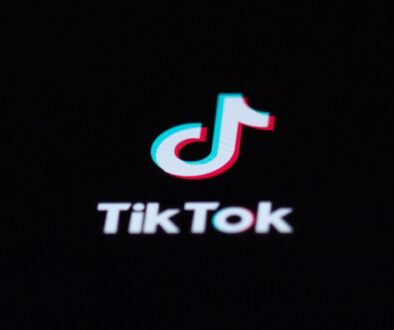How EU DMA and DSA Target Big Tech
The European Union’s Digital Services Act (DSA) and Digital Markets Act (DMA) were introduced together in late 2020 and fully implemented by early 2024. These laws target Big Tech’s market power by addressing consumer welfare and market competitiveness issues. The DSA focuses on content moderation and consumer protection, applying stricter requirements to the largest platforms. Meanwhile, the DMA aims to foster market contestability by setting operational rules for major tech companies, known as “gatekeepers,” to prevent anti-competitive behavior.
Both laws carry significant penalties for non-compliance, with fines reaching up to 6% of global turnover for DSA violations and up to 10% for DMA breaches. The European Commission enforces these regulations, particularly focusing on the largest platforms and gatekeepers. Early enforcement actions have targeted companies like Apple, Google, Meta, and TikTok, with ongoing investigations into compliance with various aspects of the DSA and DMA.
The DSA leverages transparency to hold major platforms accountable, requiring them to publish ad archives and provide data access to researchers. The DMA, on the other hand, lays down specific operational requirements to prevent gatekeepers from engaging in unfair practices, such as promoting their own services over competitors’. These regulations aim to reset digital market dynamics, fostering innovation and enhancing consumer welfare.
The success of these regulations will be observed over the coming months and years as enforcement actions continue. While some tech giants have already made changes in response to these laws, the full impact on business models and consumer choice remains to be seen.
Read full article: DSA vs. DMA: How Europe’s twin digital regulations are hitting Big Tech



